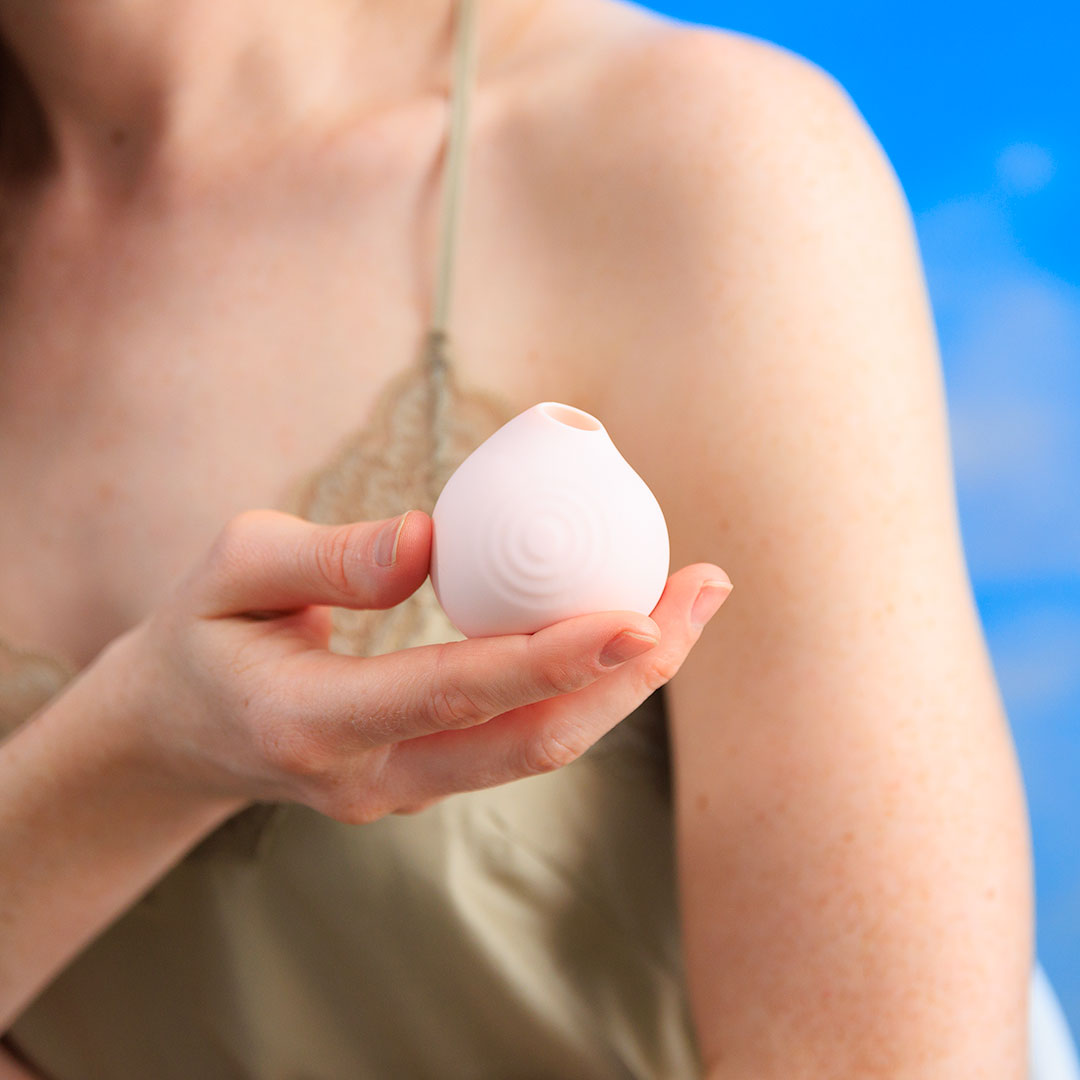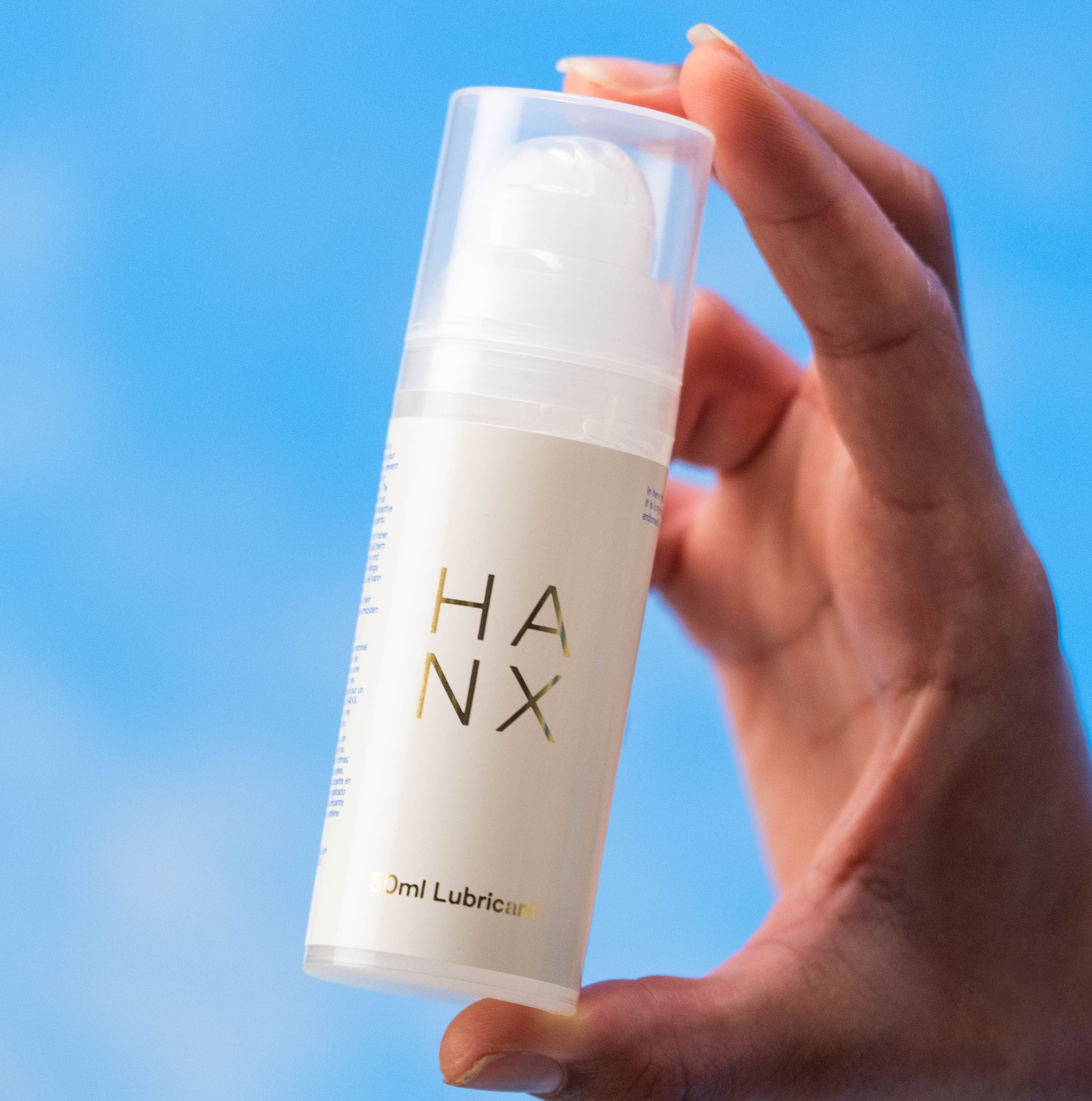The Truth About Vaginal Flatulence, Queefing and Fanny Farts
Right after sex. In a silent yoga studio. Getting off a train at Wimbledon. Leaving a meeting. In a GCSE maths exam. Yes, these are all places where our Instagram gang have queefed. Want to know what queefing is?
For the uninitiated: fanny farts, fanny flutters, vaginal flatulence or the cheekier vart all refer to the same thing: the noisy expulsion of air from the vagina. They sometimes crop up as a veiled reference in pop culture (check out this front bottom crack in the Melissa McCarthy-fronted Ghostbusters or Kourtney Kardashian’s frankly impressive claim) and many of us have experienced them at some point in our lives… so why isn’t anyone actually talking about queefs?
Our Co-Founder and gynaecology expert Sarah Welsh, aka Dr HANX, is here to address one of the lesser talked about joys of having a vagina: what does queefing mean and is it normal? Is queefing the same as a so-called fanny fart? Let’s dive in.
So, What is Queefing?
Queefing, also known as vaginal ‘farting’ happens when a trapped pocket of air escapes from the vagina. Unlike normal farting, a queef is not air coming from your bowels, that has travelled via your gut, and therefore it doesn’t have an odour. A lot of people find queefing embarrassing and that’s partly due to the social stigma around farting (associations with being unclean, or smelly gas). It’s also partly due to the pervasive stigma around vaginas being anything other than perfectly, passively sexy (whatever that means!), and many people feel shamed for being unable to ‘control’ a natural bodily response. Trust me, in my time on obstetrics wards and sexual health clinics, I heard enough queefs to form a symphony orchestra!
What is the meaning of Queefing and is it normal?
Certain movements can force trapped air out of the vagina, which, if forceful, can sometimes be audible causing a triumphant queef. Whilst it might be a bit embarrassing when you’re on the tube, in a meeting or in bed with bae, rest assured it is completely normal. We could go into a full on spiel here regarding flawed expectations of normality in sexual situations – instead why not treat yourself to Ruby Rare’s excellent book, Sex Ed, A Guide for Adults?
When does Queefing happen?
Air can get trapped in the vagina during penetrative sex, during exercise, or when you’re putting in a tampon or menstrual cup. Sex and physical activity are also often the times that queefing rears its noisy head as you’re applying pressure that pushes this trapped air out from the vagina.
What is a Fanny Fart?
You’ve probably heard this one on the playground, and it’s exactly the same as queefing. Vaginal flatulence has the honour of being bestowed with many nicknames and is also known as: queefing, a ‘fanny fart,’ vaginal flatus or even a ‘vart.’ (Sidenote: ‘vart’ is definitely a Vulcan queef. Trekkies, back us up). Whatever you call it, it all means the same thing: the emission of trapped air from the vagina, which is common and completely normal.
What really causes vaginal flatulence?
Buckle up, there are a fair few common cause of *ahem* vaginal flatus:
- Sex: during the motion of sex, with certain positions, and in particular during penetrative sex, this can cause air to be displaced inside the vagina and cause a big old queef.
- Placing an object inside the vagina: as well as penises, inserting other objects can also cause air to be trapped then expelled out of the vagina. These include sex toys, speculums, and menstrual products such as tampons or menstrual cups.
- Exercise: movement during exercise can cause air to become trapped and pushed out. Certain activities are more likely to do this, such as yoga. Beware downwards dosgs…
- Stretching: just like exercise, stretching your body in certain ways can also cause queefing.
- Pregnancy: ahh, the joys of bringing new life into the world. The changes in your body and pressures due to pregnancy can sometimes means vaginal flatulence is more common when you’re pregnant.
- Menopause: some people report vaginal flatulence increases during the menopausal changes.
- Your unique anatomy: like all areas of our body, pelvic floors are different from person to person. Some bodies simply tend to expel more trapped air than others! Give yourself a pat on the back and relax.
- Menstruation: the movement of blood in the vagina and inserting menstrual products can cause vaginal flatus during your periods, alongside the true horror: period poos.
- Vaginal fistula: it’s very rare, but sometimes queefing can be caused by a vaginal fistula, which is an abnormal connection between the vagina and a local organ (such as the bladder or bowel). These types of fistulas can be caused by trauma to the area, cancer treatments and certain surgical procedures. This is very uncommon but if you do notice anything unusual, in particular abnormal discharge or bad smelling queefs, make sure to see your doctor for a checkup.
There you have it. Queefing is totally normal. Tell your sister, tell your workmate, tell your mum and dad and your Tinder date, too. Whilst it might feel embarrassing in the moment, it’s all just gust of air.
Want more?
- Is it okay to swim on your period? Our gynae expert has the verdict.
- Ever wondered if you can get an STI from kissing? Find out now.






















